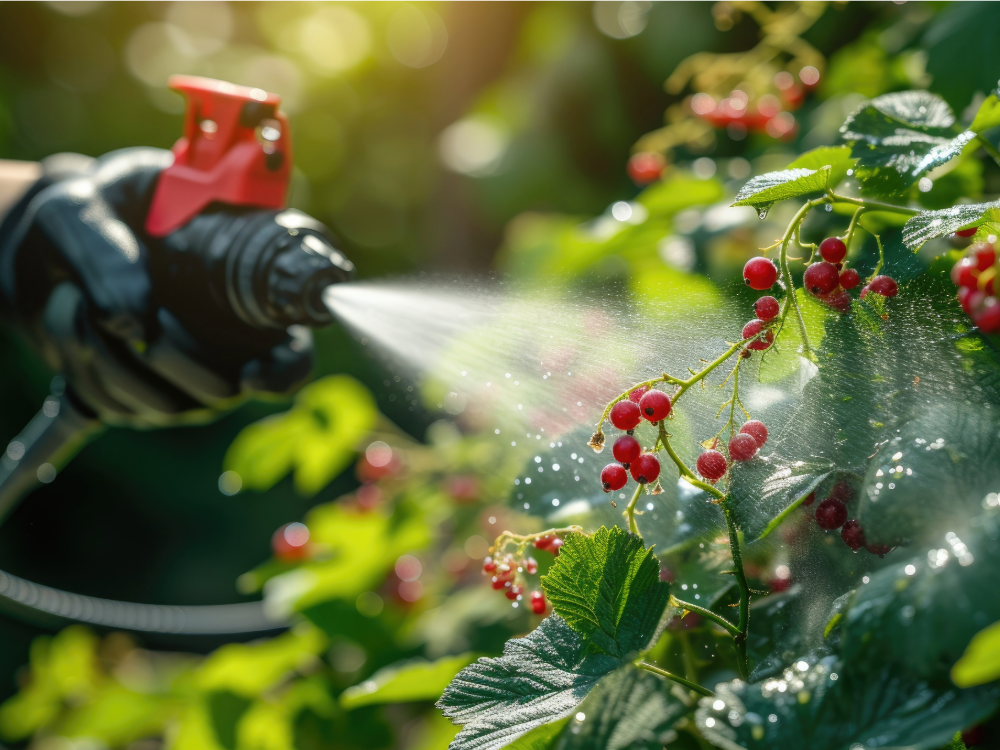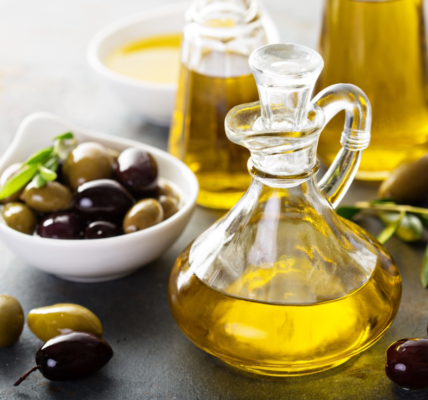The Organic Illusion: What They Don’t Tell You About “Natural” Foods
When you choose organic fruits, veggies, and other foods glorified with reassuring labels like “natural” and “pesticide-free”, it’s easy to feel like you’re making the healthier choice. But at Mind The Detail, we don’t take marketing claims at face value. Our research has uncovered some disturbing details the organic industry isn’t advertising.
While organic standards do prohibit the use of synthetic pesticides, they often allow production methods that are far from natural. Many organic growers still use controversial substances like copper sulfate, a toxic fungicide that can expose workers and accumulate in the environment.

Even more concerning, a major loophole in organic rules permits the use of manure from livestock raised with antibiotics. This practice can contribute to antibiotic resistance and spread dangerous bacteria like E. coli on your organic produce.
Studies have also shown organic crops can harbor higher levels of food-borne pathogens like Salmonella. This is likely because organic fertilizers like manure and compost aren’t properly treated to kill contaminants before application on fields.
But perhaps the biggest misconception around organic food is that it’s more nutritious than conventionally grown foods. Multiple reviews of the evidence have found no reliable difference in vitamin, mineral, or antioxidant levels between organic and non-organic foods.
So while paying a premium for that “USDA Organic” label may avoid some synthetic pesticides, it doesn’t guarantee a product free from health risks and potentially toxic exposures. Savvy shoppers need to mind the details about exactly how their organic food was grown.
When buying organic food, here are some important details to look for:
- Fertilizers Used. Check if the organic grower uses uncomposted manure or manure from animals raised with antibiotics as fertilizer. This can lead to contamination with dangerous bacteria like E. coli.
- Fungicides/Pesticides Applied. Even though synthetic pesticides are prohibited, look into whether organic-approved substances like copper sulfate fungicides were sprayed, as these can be toxic to workers and accumulate in the environment.
- Treatment of Manure/Compost. Properly treated manure and compost fertilizers should be heated to kill any potential pathogens like Salmonella before being applied to fields growing organic produce.
- Certifications. Look for additional certifications beyond just the standard “USDA Organic” label. Some regulate fertilizer sources, soil quality, pesticide use, and food safety practices more stringently.
The key is not to simply trust the “organic” label but to mind the critical details about fertilizers, pest management, and contamination risks that organic standards may overlook. Being an informed and inquisitive consumer is vital.





